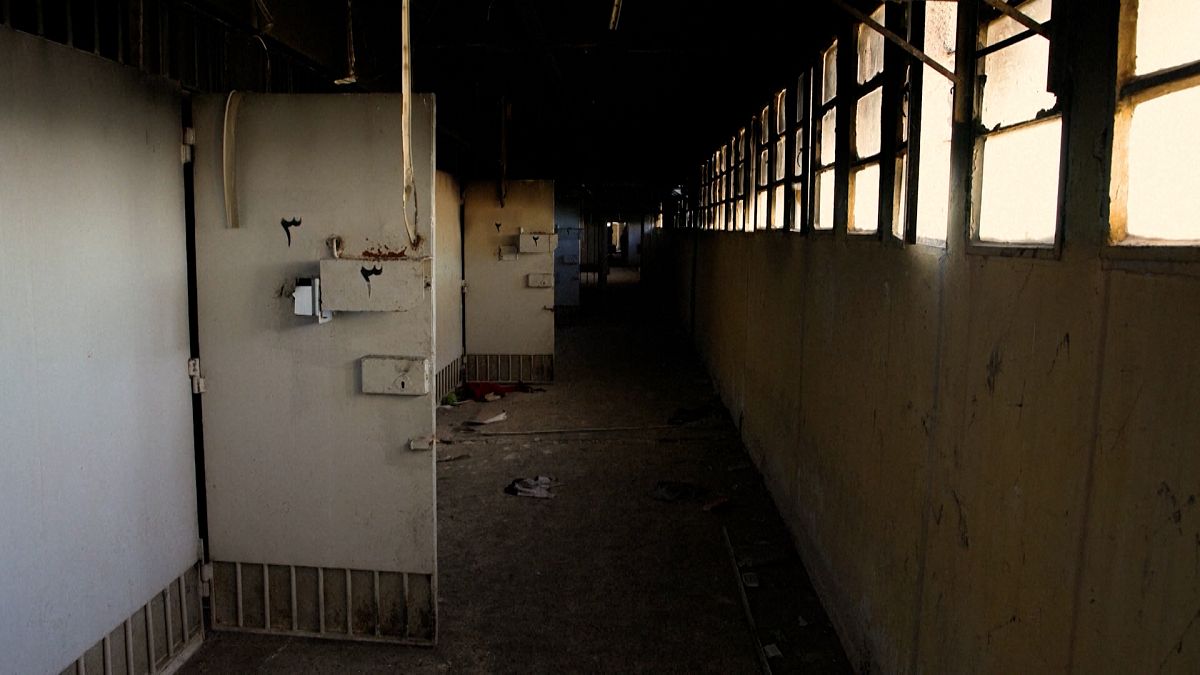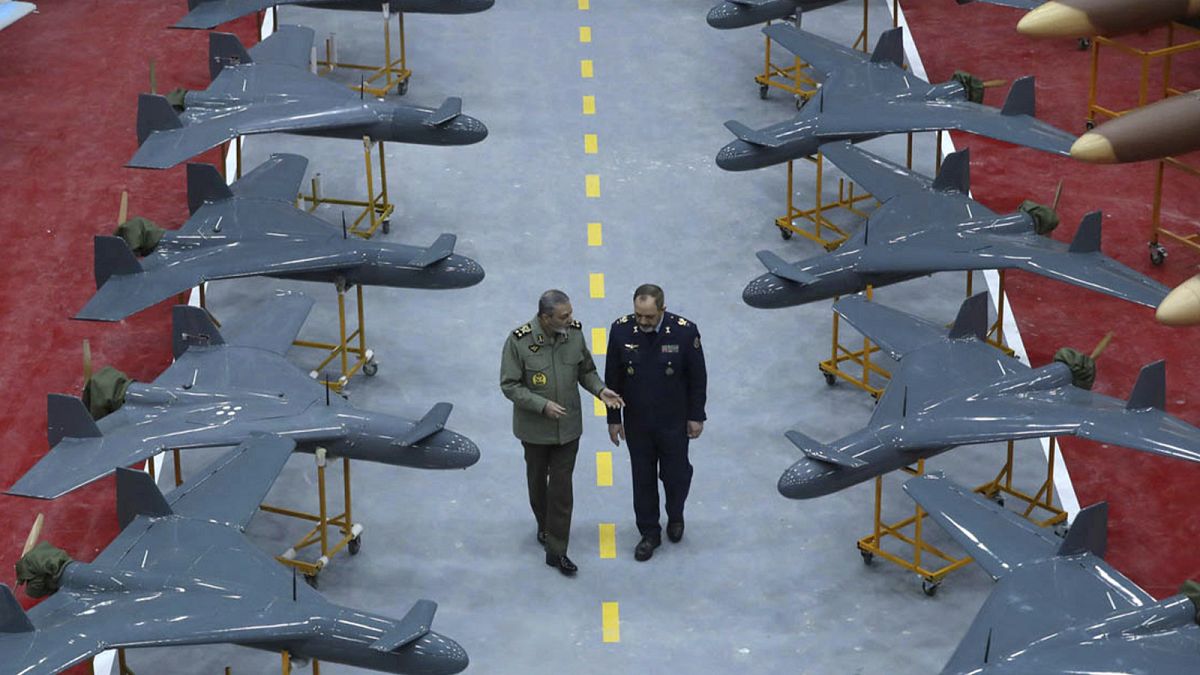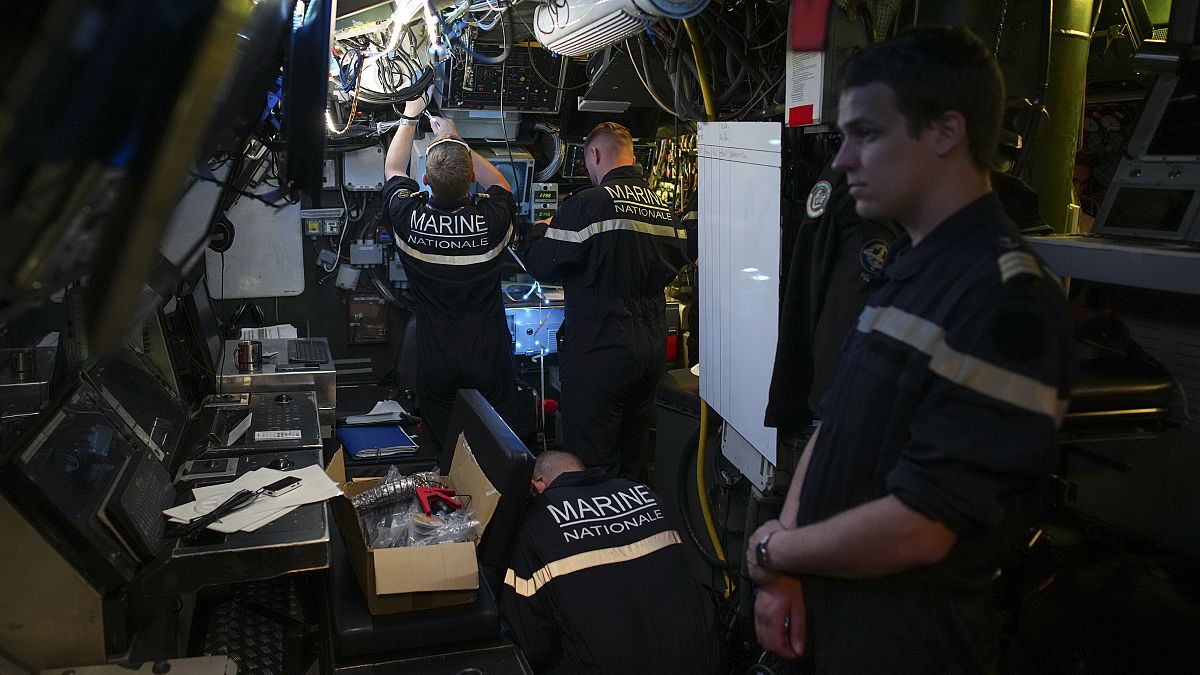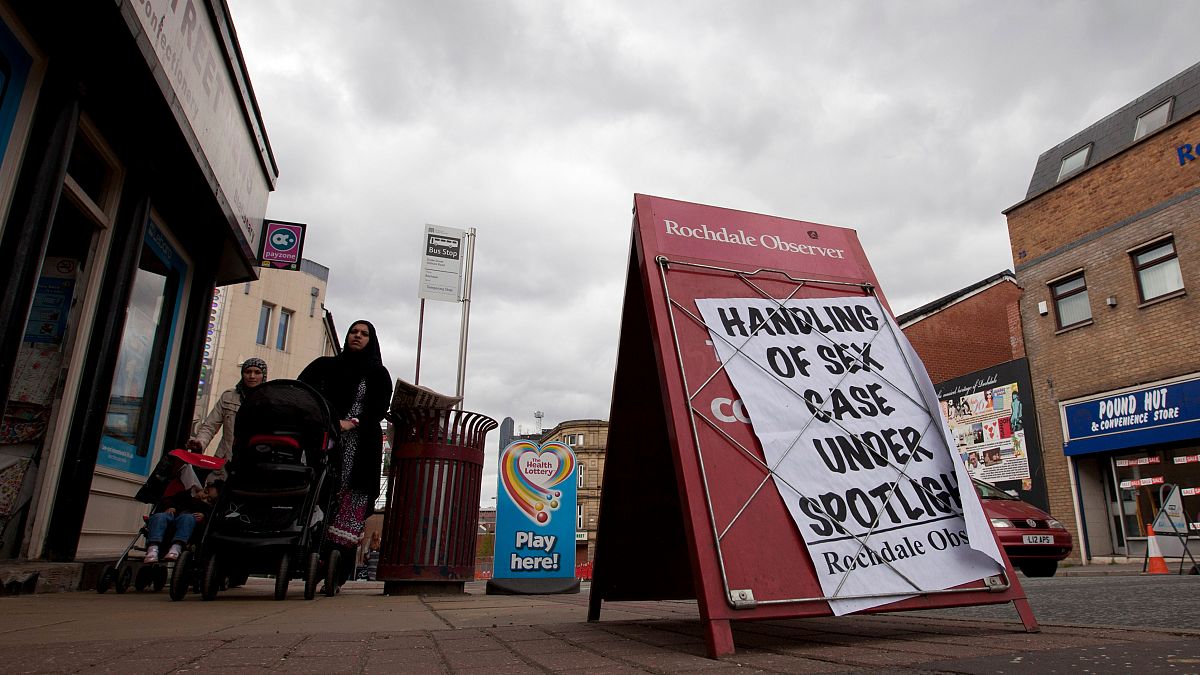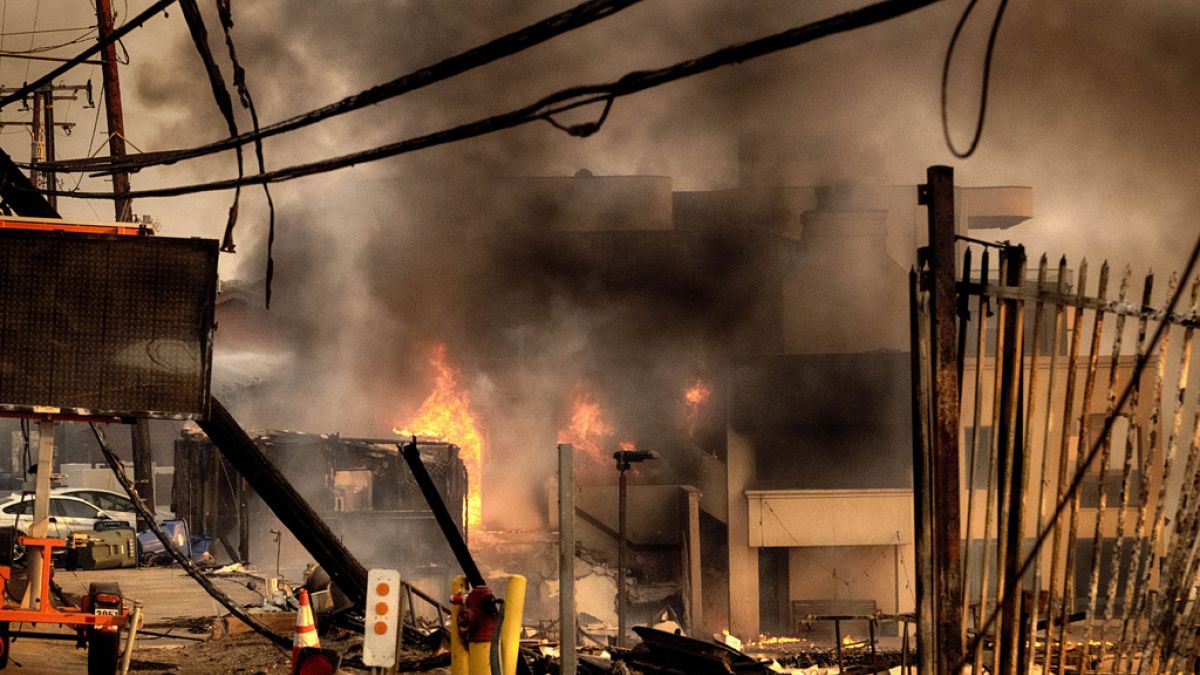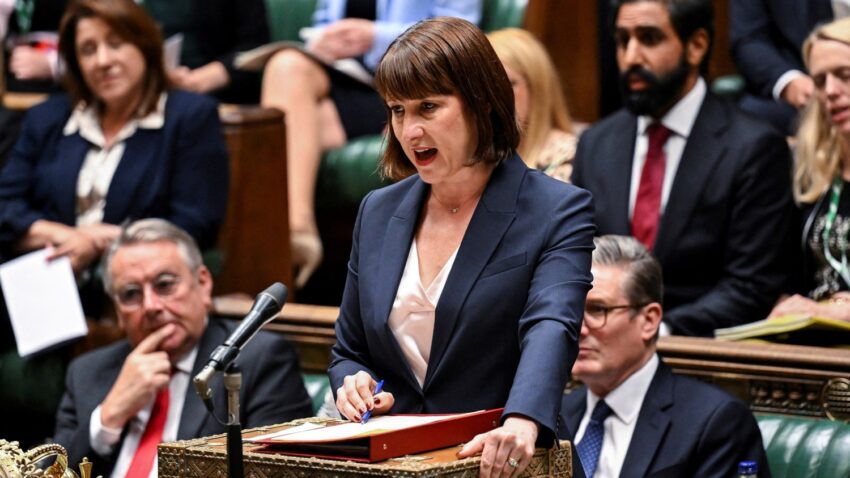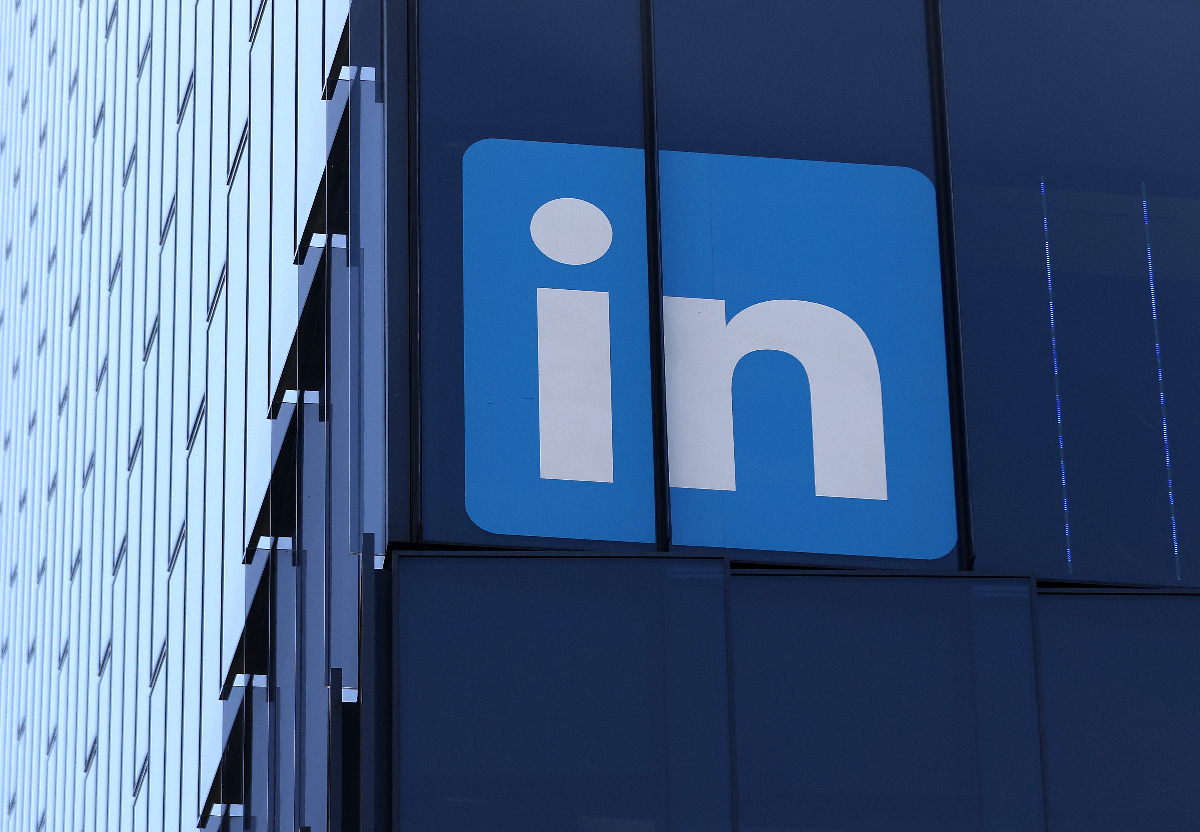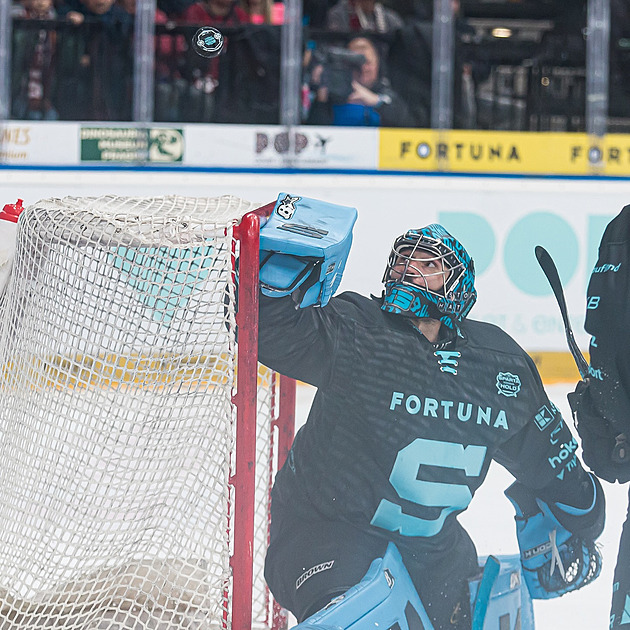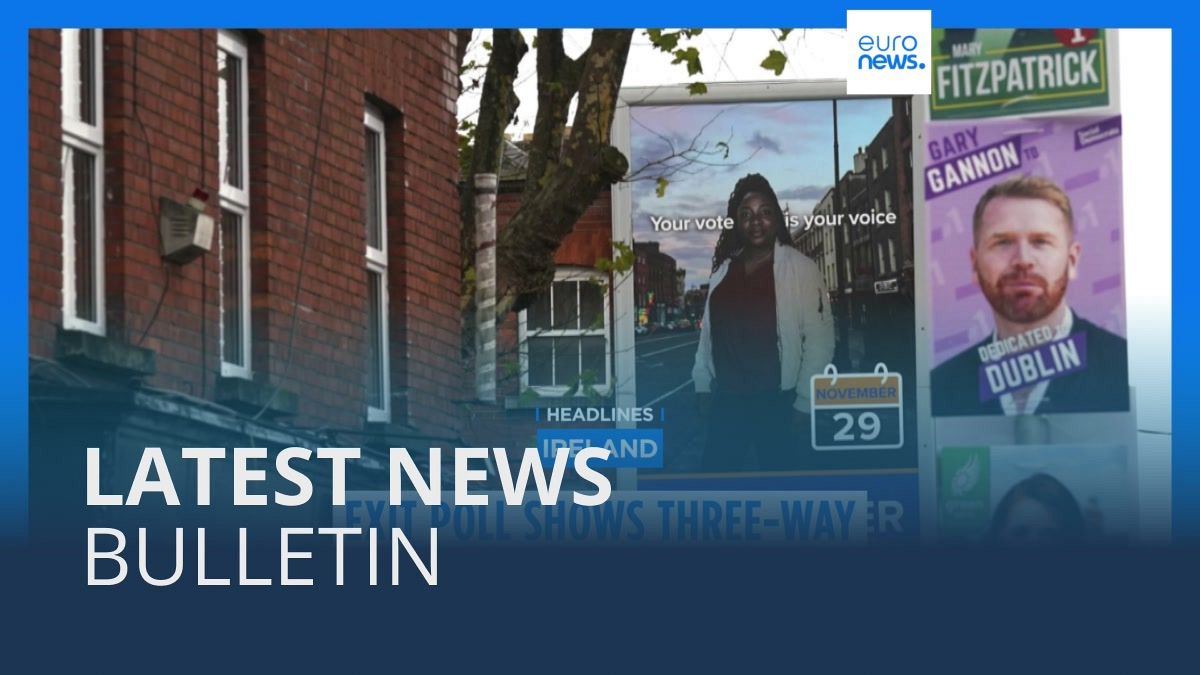Europe’s tech gap is a major security problem, Ischinger says
Godfather of Munich Security Conference warns that EU lacks investment landscape to close gap with U.S., China.
BRUSSELS — Europe’s struggle to develop and produce the world’s cutting-edge technologies is “the single biggest long-term challenge” to the Continent’s security, according to veteran German diplomat Wolfgang Ischinger.
A former German ambassador to the United States, Ischinger is the godfather of the annual Munich Security Conference — also known as “Davos with guns” — which brings together heads of state, military chiefs, top diplomats and executives from the defense and tech industries.
In an interview with POLITICO in Brussels this week, Ischinger said that “we’re definitely not in good shape” when it comes to keeping up with defense and security technology.
“This, I think, is probably the single biggest long-term challenge for the European Union: the technological gap,” he said, adding that “we need to put that at the top of the agenda,” alongside the wars in Ukraine and the Middle East.
European Commission President Ursula von der Leyen has put the issue at the top of her next mandate, bundling the portfolios of “tech sovereignty,” security and defense and putting them in the hands of one of her right-hand officials, Henna Virkkunen. Virkkunen, Finland’s nominee for Commission executive vice president, faces a European Parliament hearing on Nov. 12 to defend her plans.
Von der Leyen’s choice to bundle tech and security is telling, amid the war in Ukraine, waves of hybrid and cybersecurity threats to digital infrastructure, and global tech supply chains that are being weaponized by the U.S. and China. The message: Technology can help serve the bloc’s security and defense goals.
But Ischinger fears the EU’s plans will fall short: “My optimism is somewhat limited, because I don’t think that government institutions, whether they’re at the national level or at the EU level, can actually do it.”
What’s holding Europe back is the fragmentation of its capital market, the former ambassador said, echoing the analysis of former Italian Prime Minister Mario Draghi in his recent landmark report on Europe’s ability to compete in the world.
“The completion of the Capital Markets Union is probably the single, most essential precondition for getting this right,” Ischinger said.
Europe’s defense tech sector has voiced similar concerns. The co-founder of Germany’s military AI champion Helsing, Gundbert Scherf, earlier this month told POLITICO that European countries have to revise and ramp up their investments in military tech specifically.
Techno-military industrial complex
In the past, military researchers pioneered tech ranging from jet engines to duct tape and the internet, all of which later found civilian uses. Now the process has come full circle: Generals are shopping for civilian-developed tech.
That shift has been front and center at the Munich Security Conference in recent years. Increasingly, the conference has looked at the tech sector to fix security issues — both in cyberspace and on the battlefield — through innovations like artificial intelligence.

The Munich gathering has drawn top tech executives like Facebook’s Mark Zuckerberg and Microsoft’s Brad Smith in recent years and served as a platform for firms like Microsoft, Google and others to make their case for how technology can help provide security and beef up militaries.
Last year Big Tech giants used it as the platform to launch an industry pledge, first reported by POLITICO, to protect elections against AI-driven disruption.
POLITICO first reported in September that Jens Stoltenberg, a former Norwegian prime minister and until recently secretary-general of the NATO defense alliance, was taking on the role of chairman of the Munich Security Conference.
Ischinger said he personally knocked on the door of Stoltenberg’s home in Brussels, when the Norwegian was wrapping up his NATO post.
“I was just simply trying to find out whether he could see himself being involved” in any way — not necessarily as chairman, Ischinger said. “Within 10 minutes of an initial discussion, I found out that he was enthusiastic about it.”
Stoltenberg will lead the conference and will start his mandate shortly after the next edition, in February 2025, is over. Ischinger handed over the chairmanship of the conference to Christoph Heusgen in 2021 but remained a driving force as president of the Foundation Council of the Munich Security Conference Foundation.
Antoaneta Roussi and Pieter Haeck contributed reporting.
What's Your Reaction?







